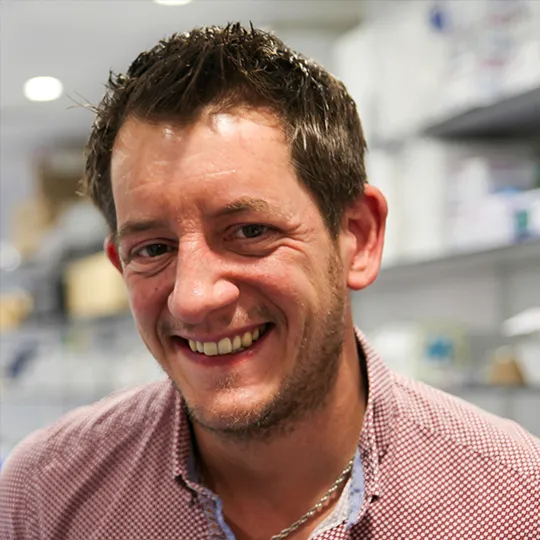
Dr Wayne Dickson
Reader in Experimental Nanophotonics
- Admissions Tutor
Research interests
- Physics
Biography
Research
- Deposition and characterisation of thin-films via sputtering and atomic layer deposition (thermal and plasma enhanced)
- Top-down and bottom-up nanofabrication
- Metamaterials and plasmonics
- Ultra-sensitive optical sensing (chemical and biological)
- Nonlinear Optics
- Electrochemistry and photo-electrochemistry
- Plasmonic photo-catalysis
Dr Dickson’s primary research aims concern the development of novel and sustainable optical materials for applications in NetZero, ultrasensitive chemical and biological sensing and photo-catalysis.
Teaching
Dr Dickson currently teaches two undergraduate courses, Optics and Fundamentals of Nanotechnology. He currently supervises three PhD students and regularly supervises BSc MSci and MSc projects.
Research
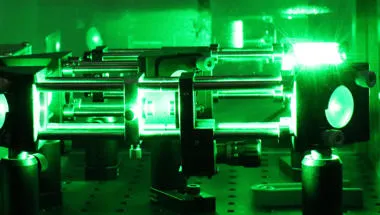
Photonics & Nanotechnology
The research in the group involves the development and applications of advanced photonic technologies and of novel nanomaterials to address modern challenges in photonic and quantum technologies, new nanostructured materials, sensing, imaging and clean energy.
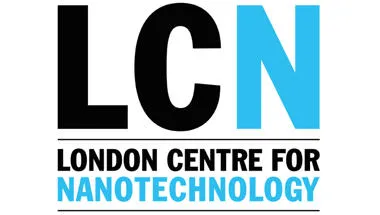
London Centre for Nanotechnology
The London Centre for Nanotechnology is a UK-based multidisciplinary enterprise operating at the forefront of science and technology. Its purpose is to solve global problems in information processing, healthcare, energy and the environment through the application of nanoscience and nanotechnology.
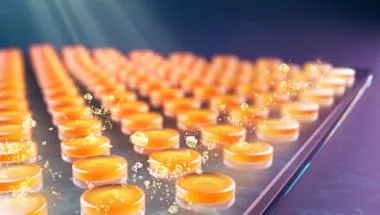
CPLAS: New perspectives in photocatalysis and near-surface chemistry: catalysis meets plasmonics
EPSRC programme grant investigating light-driven energy-conversion at the nanoscale for stimulating chemical transformations.
Project status: Ongoing
News
King's part of pioneering hub to advance cutting-edge metamaterials
MetaHUB will develop new forms of engineered materials for use in everything from green energy to innovative healthcare
NMES academic promotions
New readers and senior lecturers in NMES

King's researcher leads £10 million EPSRC grant investigating light-driven energy-conversion
Could the world’s most abundant energy source – light – solve one of the most pressing demands for a sustainable society, reducing the energy required in key...
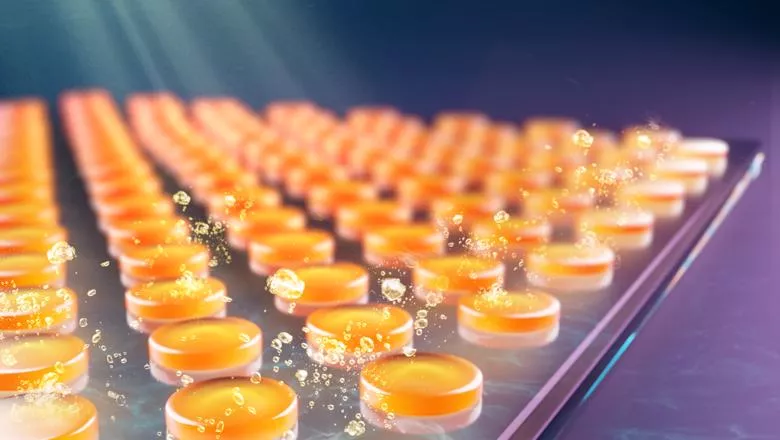
Nanostrand newsletter available for download
Nanostrand is the newsletter for the Photonics & Nanotechnology Group and the Biological Physics and Soft Matter Group in the Department of Physics.
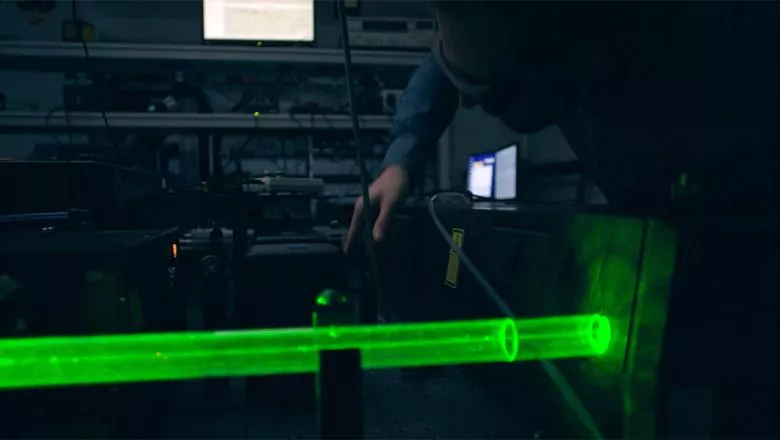
Department of Physics opens new suite of photonics and nanofabrication laboratories
A new suite of photonics and nanofabrication laboratories has been officially opened on the King’s Strand Campus. The photonics laboratories house...
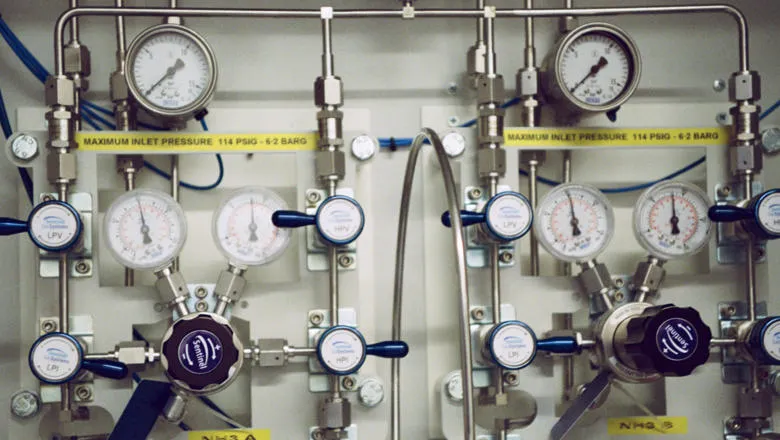
NMES Women in Science Week 2016
On Wednesday 5 October we held our own Ada Lovelace Day in the Faculty of Natural and Mathematical Sciences, an event to round off a week of activities to...
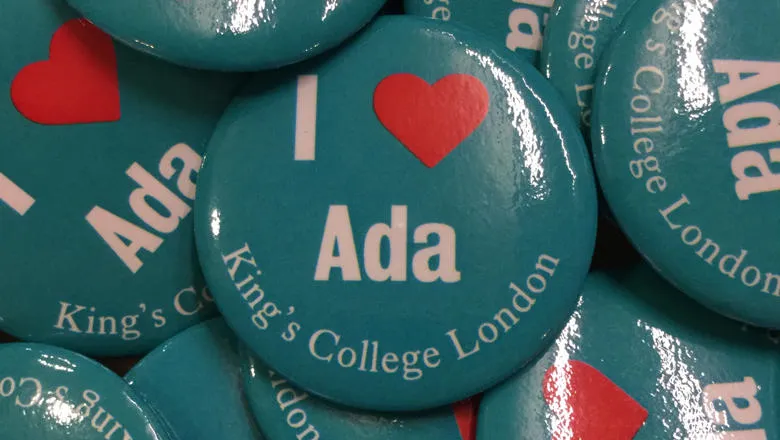
Discover Science: Ada Lovelace Schools Celebration
Women in Science Week at King’s College London is not only intended to celebrate the incredible women already working and studying in the Faculty of Natural &...

Events
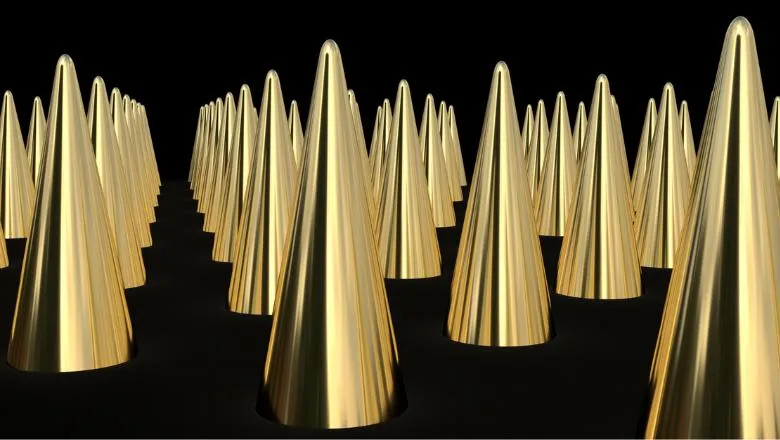
London Plasmonics Forum 2025
The London Plasmonics forum will be hosted at King's College London
Please note: this event has passed.
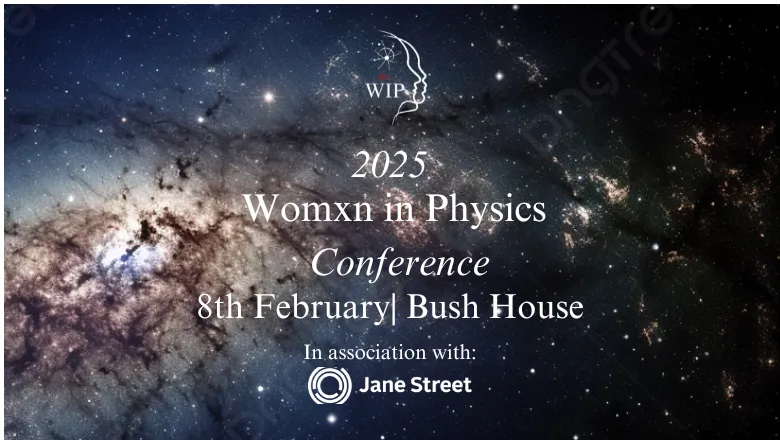
KCL Womxn in Physics Conference 2025
Join us in-person for a day of talks, activities and panel discussions.
Please note: this event has passed.

10th London Plasmonics Forum 2024
The London Plasmonics forum will be hosted at King's College London
Please note: this event has passed.
Features
Students welcomed to King's for first ever STEM work experience week
30 students from secondary schools across London joined the Faculty of Natural, Mathematical & Engineering Sciences (NMES,) for an interactive week exploring...

Research

Photonics & Nanotechnology
The research in the group involves the development and applications of advanced photonic technologies and of novel nanomaterials to address modern challenges in photonic and quantum technologies, new nanostructured materials, sensing, imaging and clean energy.

London Centre for Nanotechnology
The London Centre for Nanotechnology is a UK-based multidisciplinary enterprise operating at the forefront of science and technology. Its purpose is to solve global problems in information processing, healthcare, energy and the environment through the application of nanoscience and nanotechnology.

CPLAS: New perspectives in photocatalysis and near-surface chemistry: catalysis meets plasmonics
EPSRC programme grant investigating light-driven energy-conversion at the nanoscale for stimulating chemical transformations.
Project status: Ongoing
News
King's part of pioneering hub to advance cutting-edge metamaterials
MetaHUB will develop new forms of engineered materials for use in everything from green energy to innovative healthcare
NMES academic promotions
New readers and senior lecturers in NMES

King's researcher leads £10 million EPSRC grant investigating light-driven energy-conversion
Could the world’s most abundant energy source – light – solve one of the most pressing demands for a sustainable society, reducing the energy required in key...

Nanostrand newsletter available for download
Nanostrand is the newsletter for the Photonics & Nanotechnology Group and the Biological Physics and Soft Matter Group in the Department of Physics.

Department of Physics opens new suite of photonics and nanofabrication laboratories
A new suite of photonics and nanofabrication laboratories has been officially opened on the King’s Strand Campus. The photonics laboratories house...

NMES Women in Science Week 2016
On Wednesday 5 October we held our own Ada Lovelace Day in the Faculty of Natural and Mathematical Sciences, an event to round off a week of activities to...

Discover Science: Ada Lovelace Schools Celebration
Women in Science Week at King’s College London is not only intended to celebrate the incredible women already working and studying in the Faculty of Natural &...

Events

London Plasmonics Forum 2025
The London Plasmonics forum will be hosted at King's College London
Please note: this event has passed.

KCL Womxn in Physics Conference 2025
Join us in-person for a day of talks, activities and panel discussions.
Please note: this event has passed.

10th London Plasmonics Forum 2024
The London Plasmonics forum will be hosted at King's College London
Please note: this event has passed.
Features
Students welcomed to King's for first ever STEM work experience week
30 students from secondary schools across London joined the Faculty of Natural, Mathematical & Engineering Sciences (NMES,) for an interactive week exploring...

